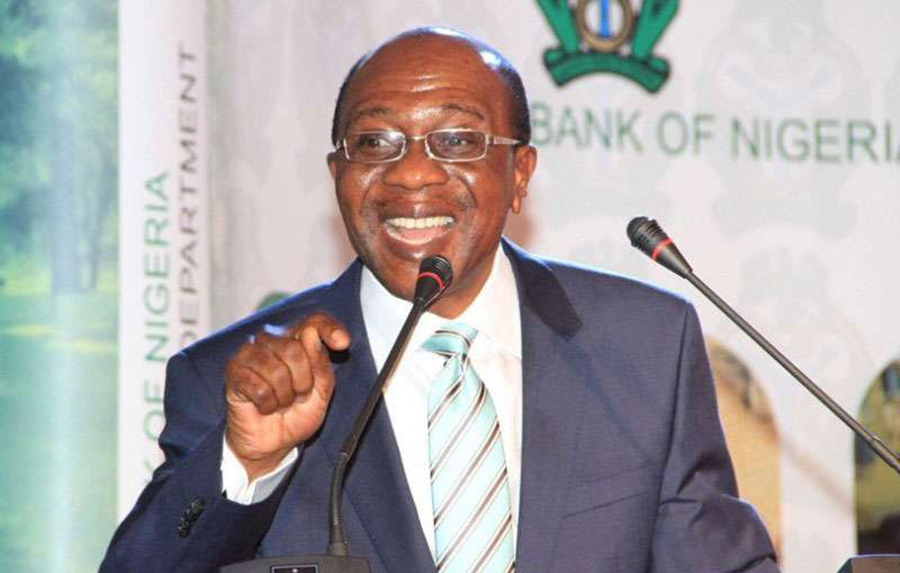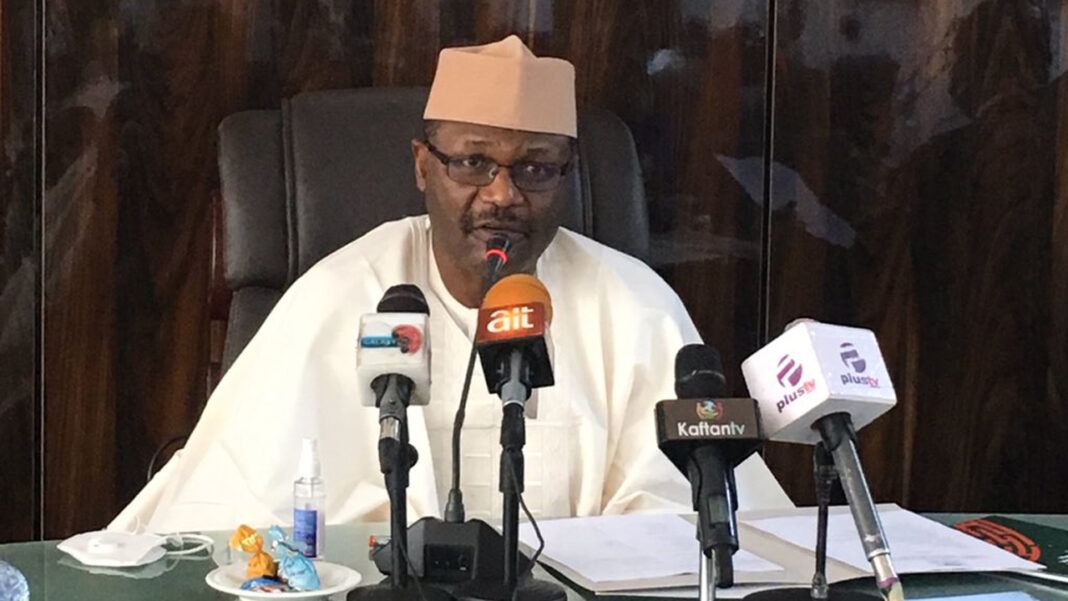THE Central Bank of Nigeria (CBN) yesterday said inflation rate which stood at 21.09 per cent in October will drop below 15 per cent by the end of 2023.
CBN Governor, Godwin Emefiele disclosed this yesterday during the 57th Annual Bankers’ Dinner held in Lagos.
Emefiele said inflation expectations are rising as existing structural rigidities are compounded by global factors and anticipated elections related liquidity upsurge.
“For the rest of 2022 and towards mid-2023, Nigeria’s rate of inflation is projected to remain elevated and above the 12.5 per cent growth-aiding threshold.
“However, on the backdrop of our previous policy measures, and as the effect continue to permeate the system, our in house model-based simulations indicate that inflation rate could fall steadily to less than 15 per cent by end-2023,” he said.
According to the CBN boss, the upside pressure on consumer inflation re-emerged during the year, as global conditions complicated existing local imbalances to undermine price stability.
“After a successive period of decline in 2021, due to balanced monetary policy actions, domestic inflation rate commenced an upward momentum in 2022, consistent with global trends.
“From 15.60 per cent in January 2022, headline inflation soared to 21.09 per cent in October 2022, indicating eight consecutive months of uptick,” he said.
According to Emefiele, food remains the major component of domestic consumer price basket. He said the annualised uptick in headline inflation mirrors the 6.21 percentage points upsurge in food inflation to 23.34 per cent in September.
“During this period, core inflation also resumed an upward movement from 13.87 per cent in January 2022 to 17.60 per cent.
“In addition to harsh global spillovers, exchange rate adjustments and imported inflation, inflation was also driven by local factors such as farmer/ herder clashes in parts of the food belt region,” he said.
Noting the adverse effect of spiraling inflation on inertia and expectations, Emefiele said the apex bank understands the need for supply-side interventions in critical sectors to minimise excess demand gaps.
On the real sector, he said indices presented mixed outcomes in the real sector activities regarding industries, manufacturing, agriculture, mining, and electricity production.
Purchasing Managers’ Index (PMI) suggest fragile resilience of the domestic economy as tight global conditions and rising inflationary pressures weighed down domestic economic activities.
Composite PMI contracted from 50.0 points in June 2022 to 49.5 points in September 2022 dragged by the weaknesses in both the PMIs for industry and services which declined to 46.5 and 47.7 points, respectively.
Emefiele said manufacturing sector, MSMEs, and the services sector need to be reinforced to not only support domestic needs but to also become internationally competitive. This is in view of the massive supply chain disruptions that exposed the dependence and vulnerability of many EMDEs to overseas economies.
He said the recent drive of the CBN to channel more cheap lending to the real sector have led to marked growth of banking system credits to the private sector.
In support of domestic productivity, credit to the core private sector of the economy has more than doubled in the last five years, expanding from N13.2 trillion at end-2018, to N16.2 trillion at end-2019, before surging to N27.7 trillion as at September 2022.





